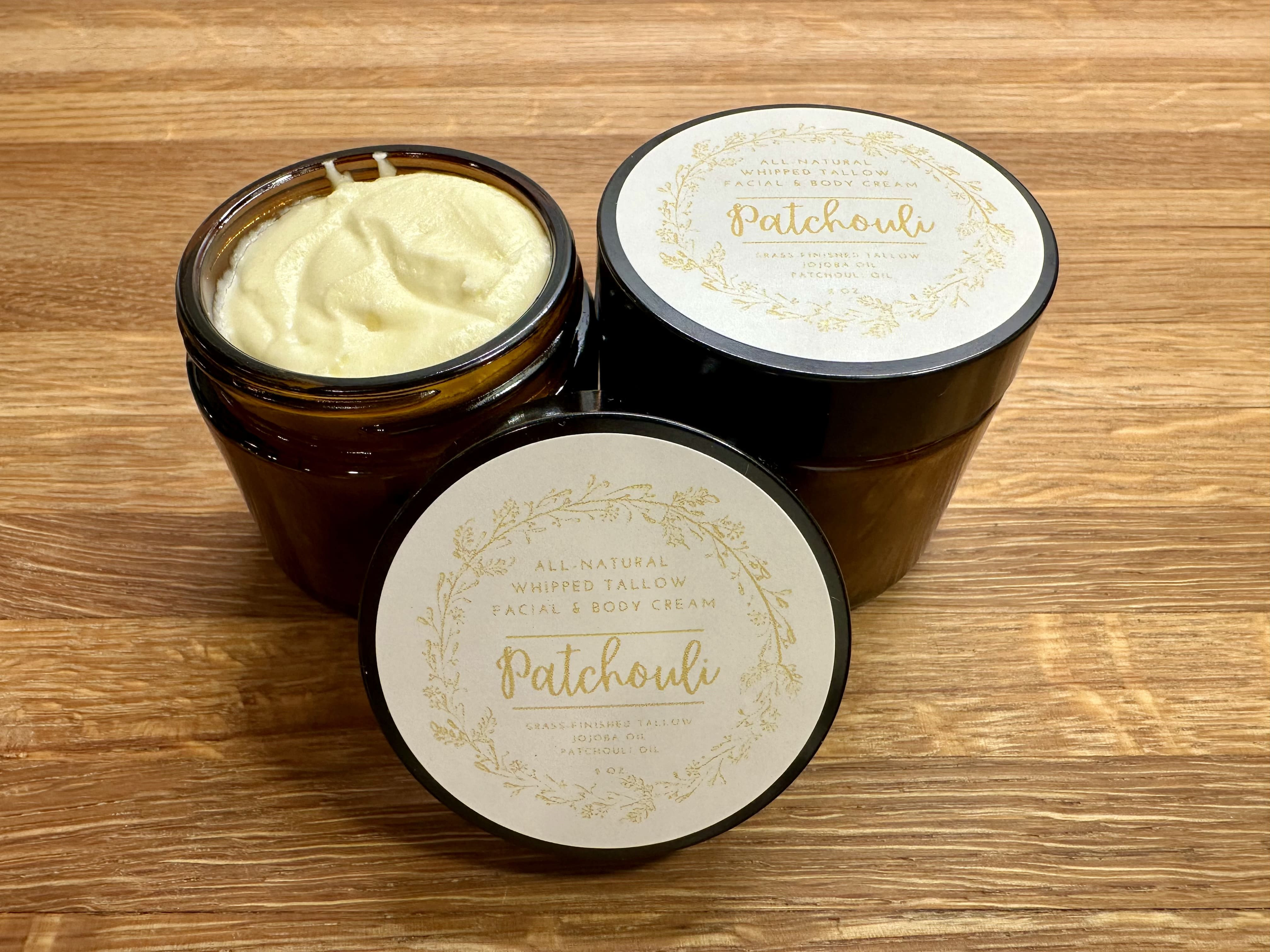How Long Do Eggs Last?
posted on
February 12, 2024
We get this question quite a few times and my answer is always it depends. That is the answer to a lot of questions but that is the truth it depends on a couple of different factors. The first factor is were the eggs washed or not.
Unwashed Eggs
It is commonplace in the U.S. that if you purchase eggs in the grocery they are going to be washed and refrigerated. This is a regulation set by the USDA. If you visit most European country’s grocery stores you will see a much different sight. All eggs in these countries are on the shelves just like a box of cereal or a loaf of bread. This can be done because the protective bloom was not washed off of the egg during the grading process. Unwashed eggs can stay good on your counter in a carton for weeks. There are a few perks to this if you are traveling or have limited fridge space this allows you to store the eggs easier.
Washed Eggs
As I stated earlier this is what you will find in all American grocery stores. During washing and grading the protective bloom on the shell is removed the egg has an expiration date of 45 days from the pack date. Although the eggs must be refrigerated this doesn’t mean the egg is inferior in any way to the unwashed egg it just needs to be stored refrigerated at or below 45. The perks to having washed eggs are that if there is any dirt or blemishes on the shell of the egg the washing and grading process cleans that.
Now that you know the difference between the two how do you tell if an egg is bad or approaching its expiration date? The most common way to test if an egg is still good is the float test. Just as the name states take an eight-ounce cup of water and place the egg in it. If the egg floats the egg is bad. If the egg sinks to the bottom and lays on its side the egg is good and still very fresh. Finally, if the egg sinks but stands on it’s point it's still good just a week or so since it’s been laid.
In conclusion, the debate between washed and unwashed eggs ultimately comes down to personal preferences, cultural practices, and regulatory standards. While washed eggs may have a cleaner appearance they also lose the protective cuticle that naturally shields the egg from bacteria. On the other hand, unwashed eggs maintain their natural protective layer, but they may carry a higher risk of contamination if not handled and stored properly.






